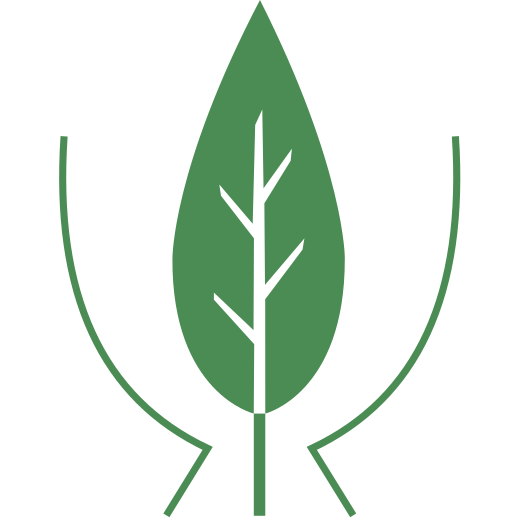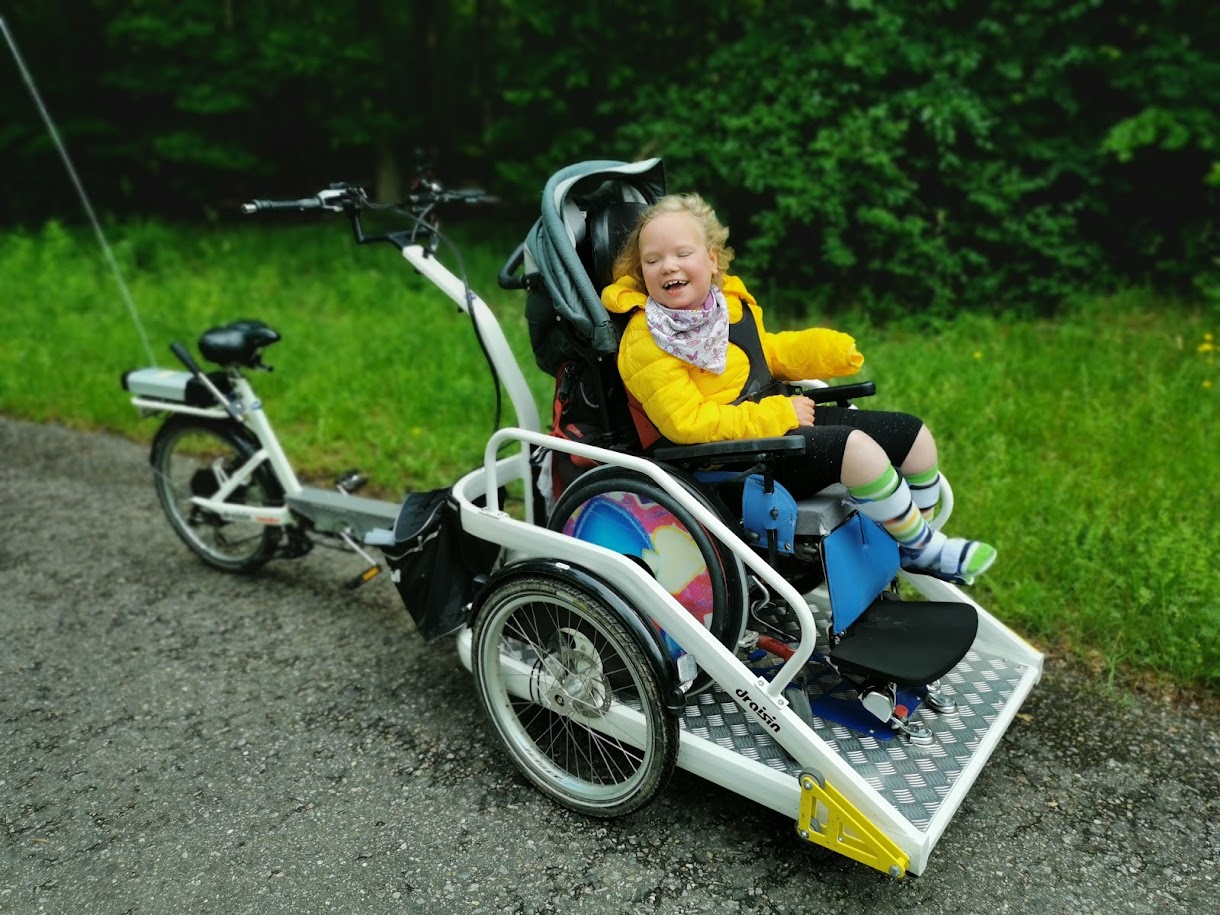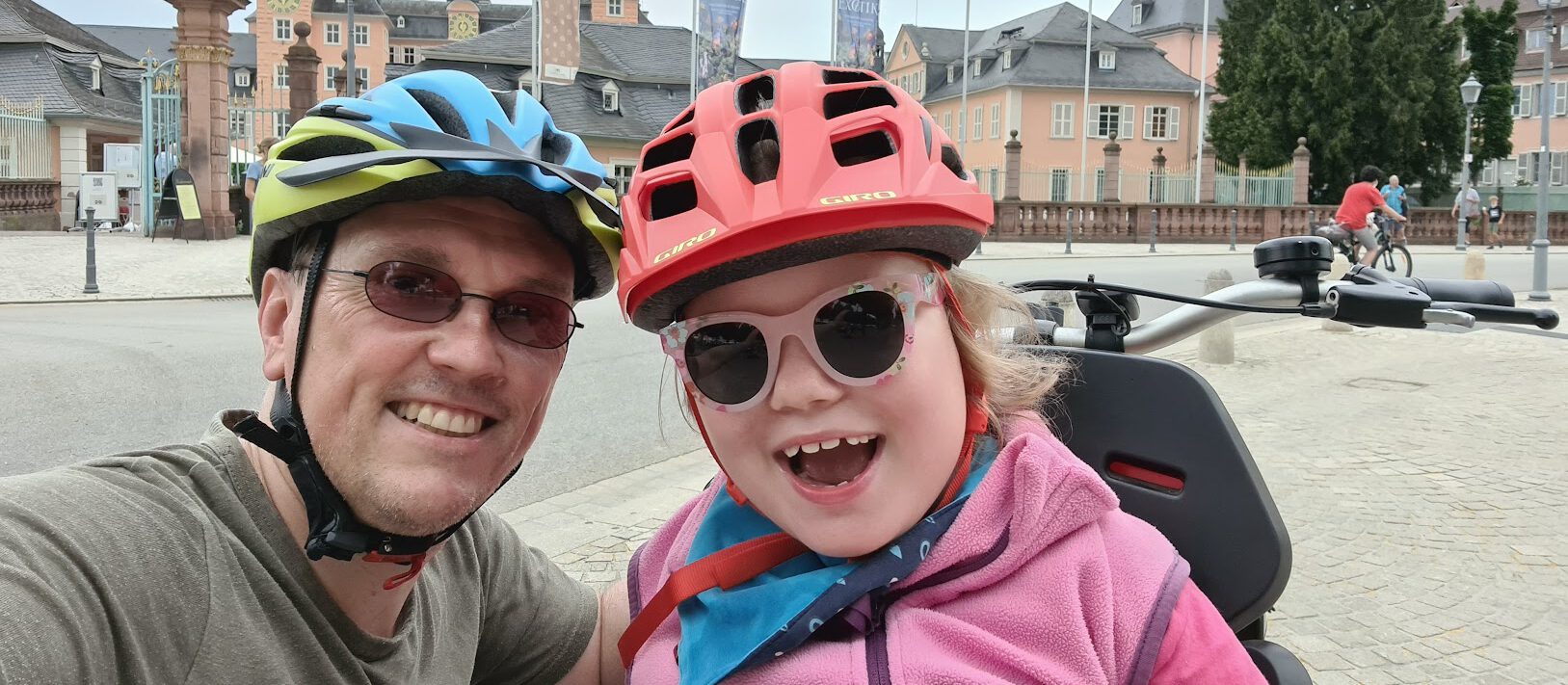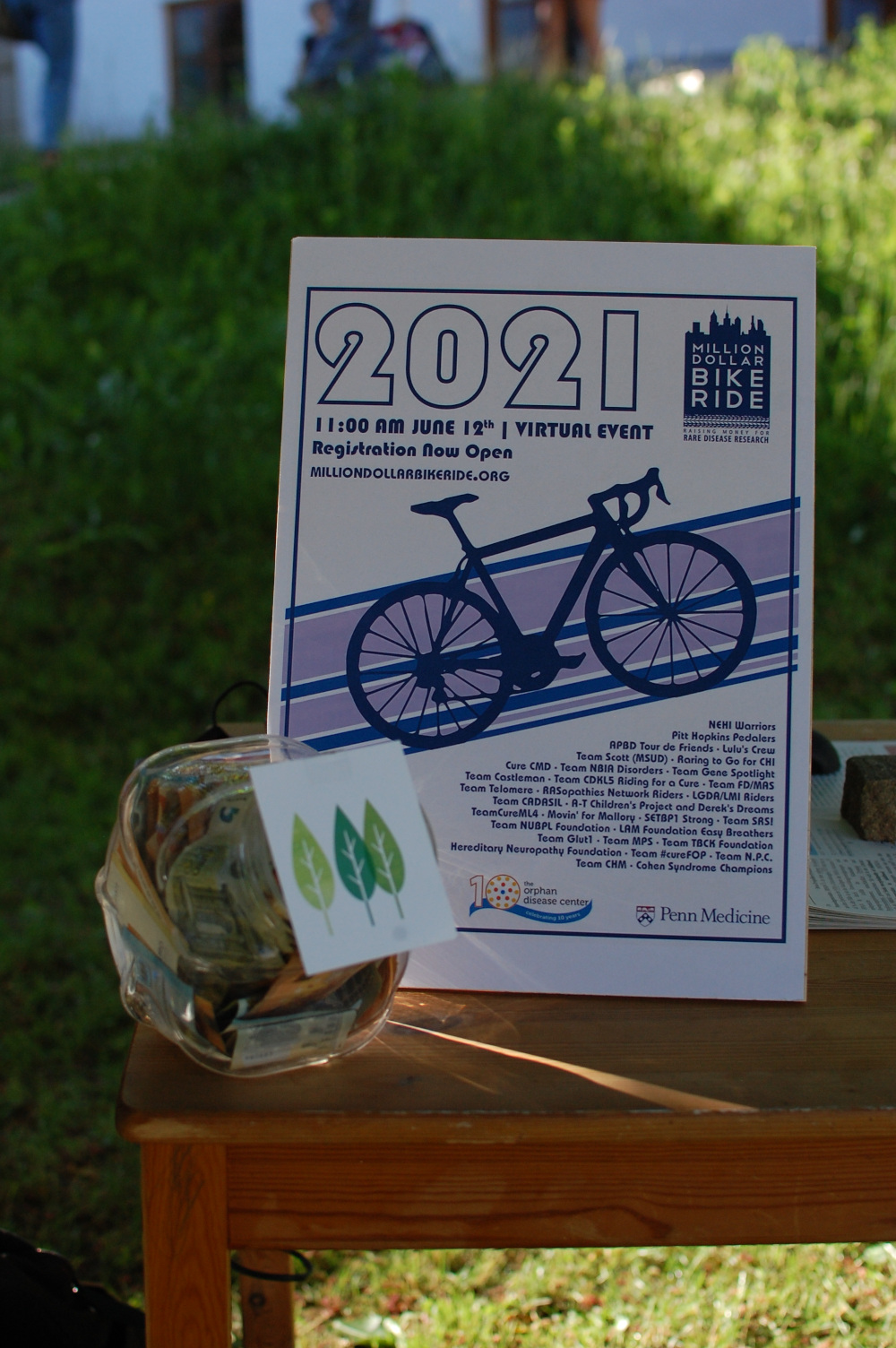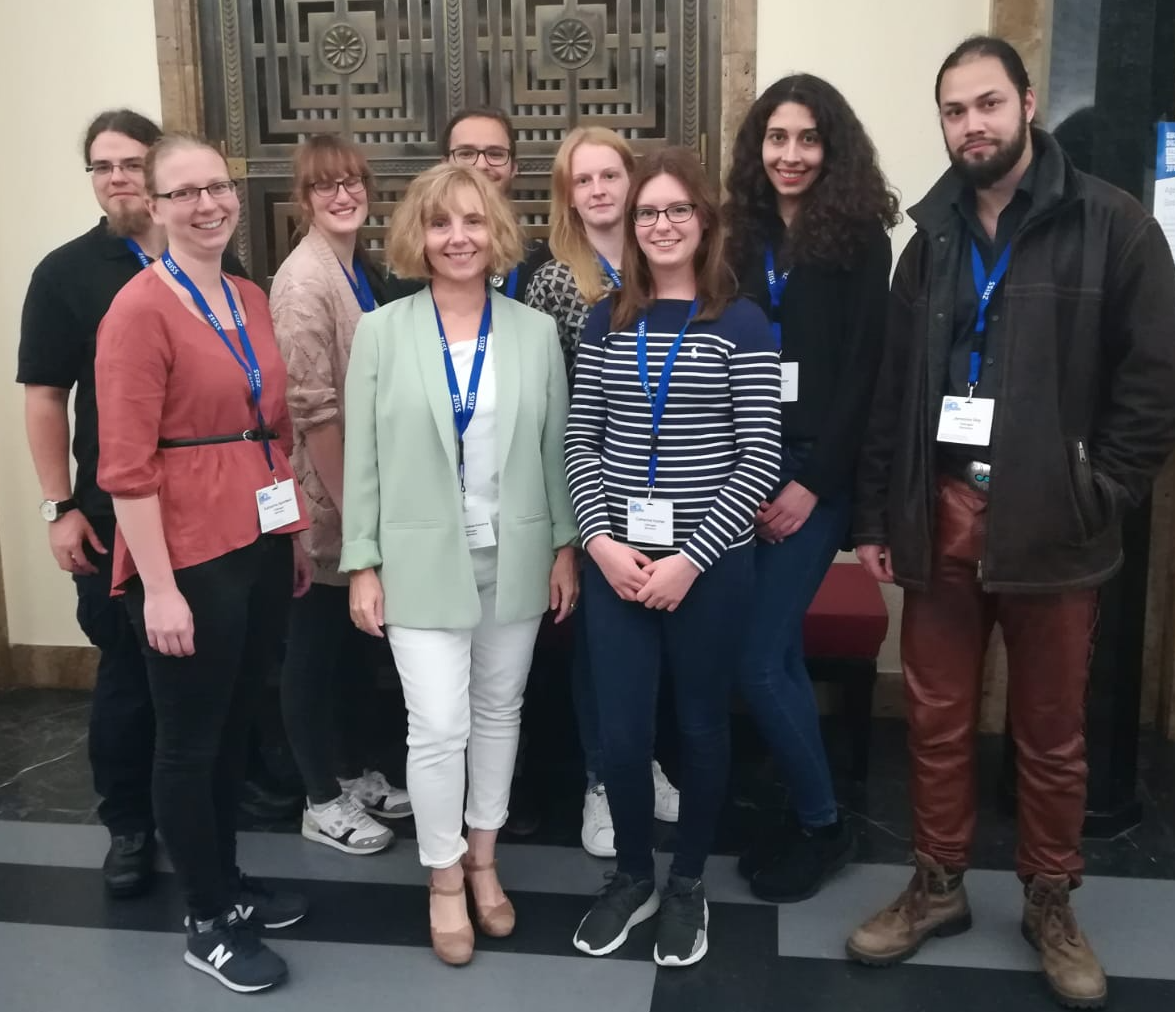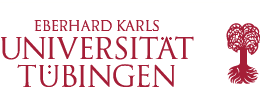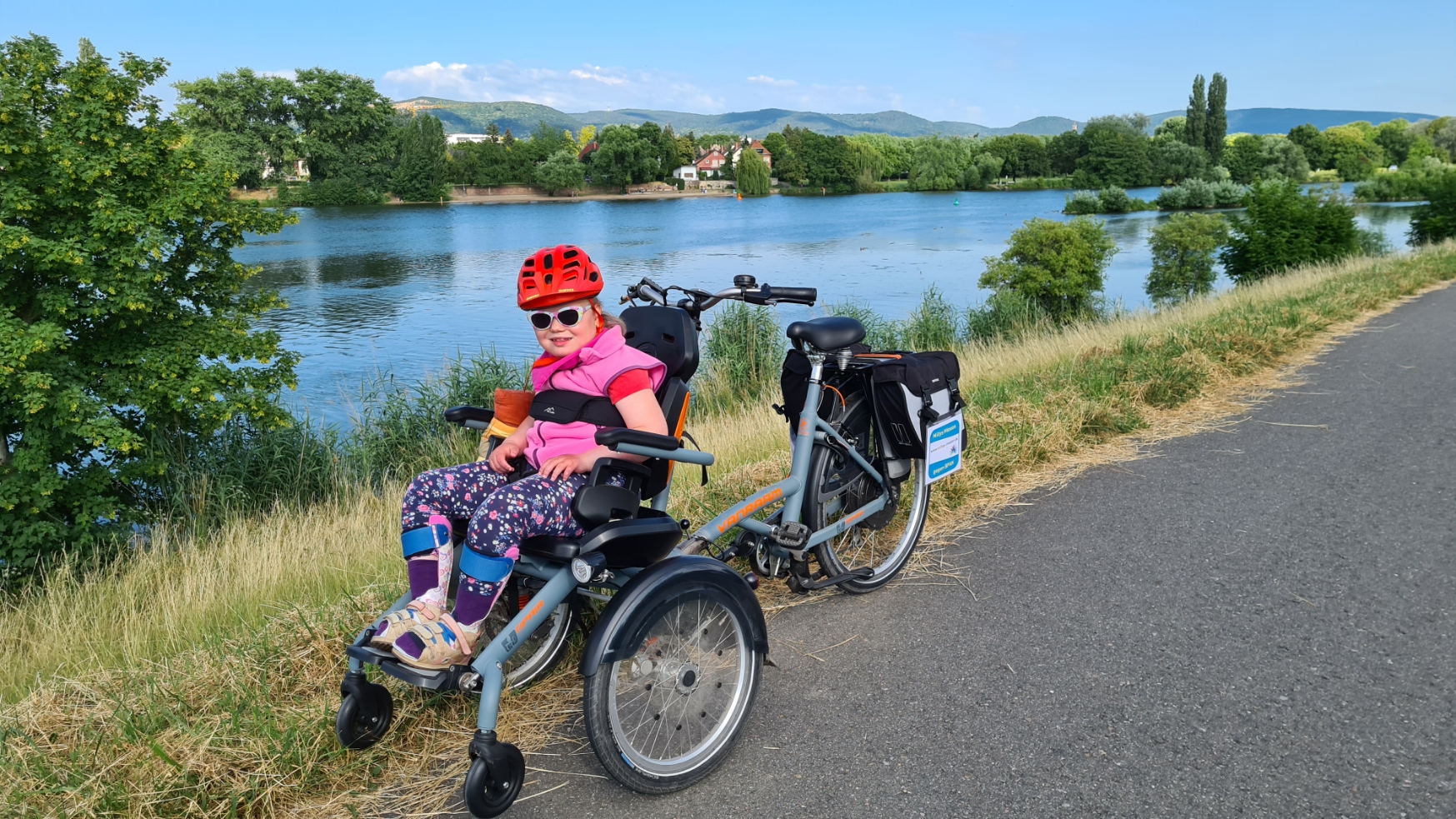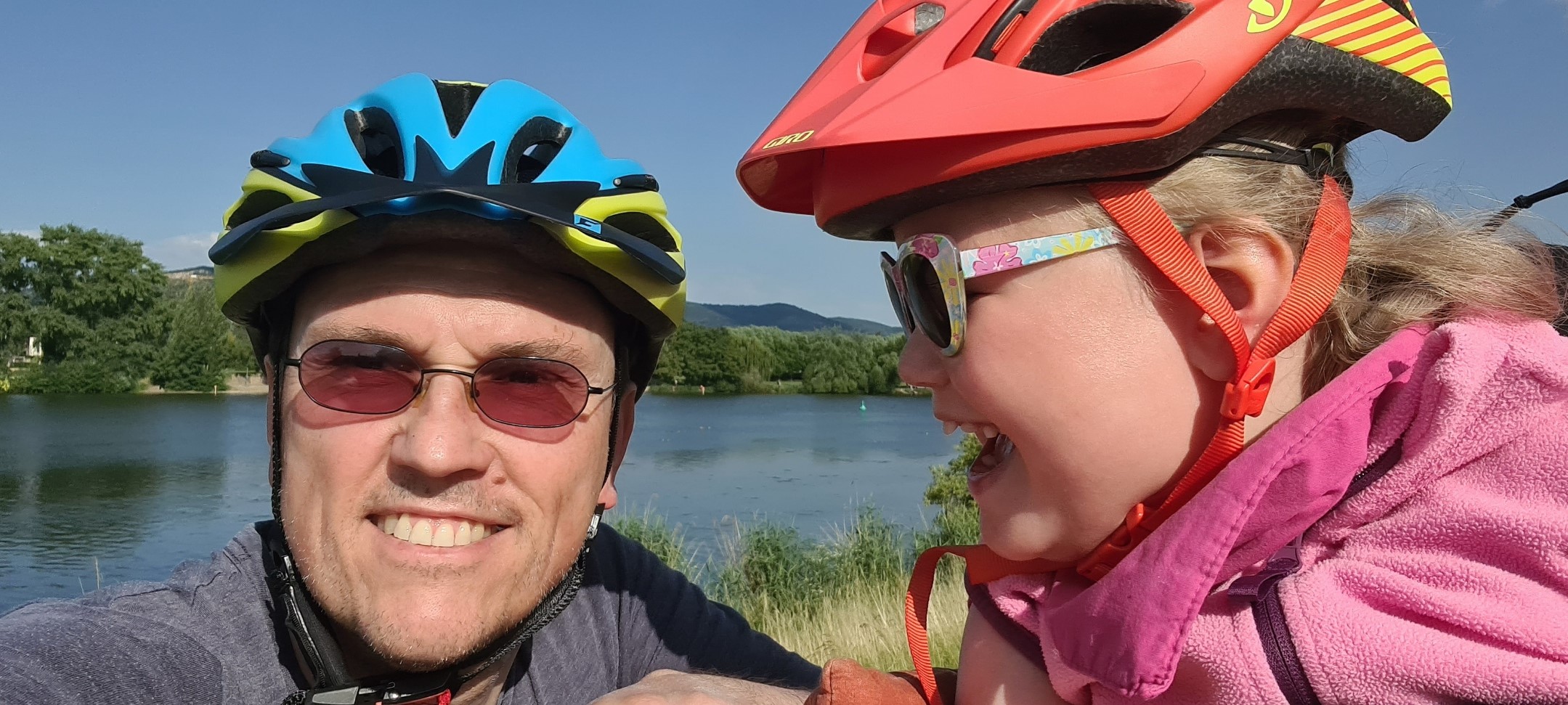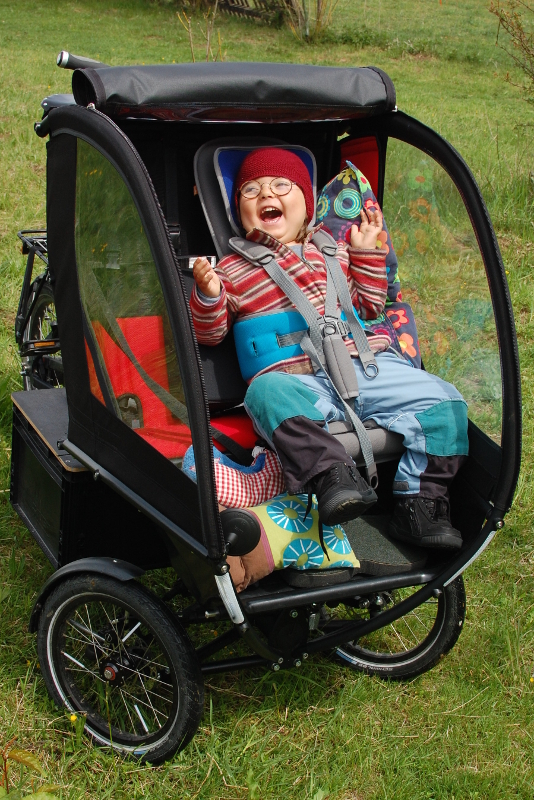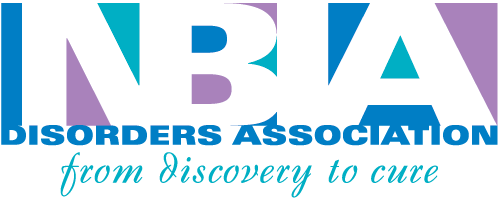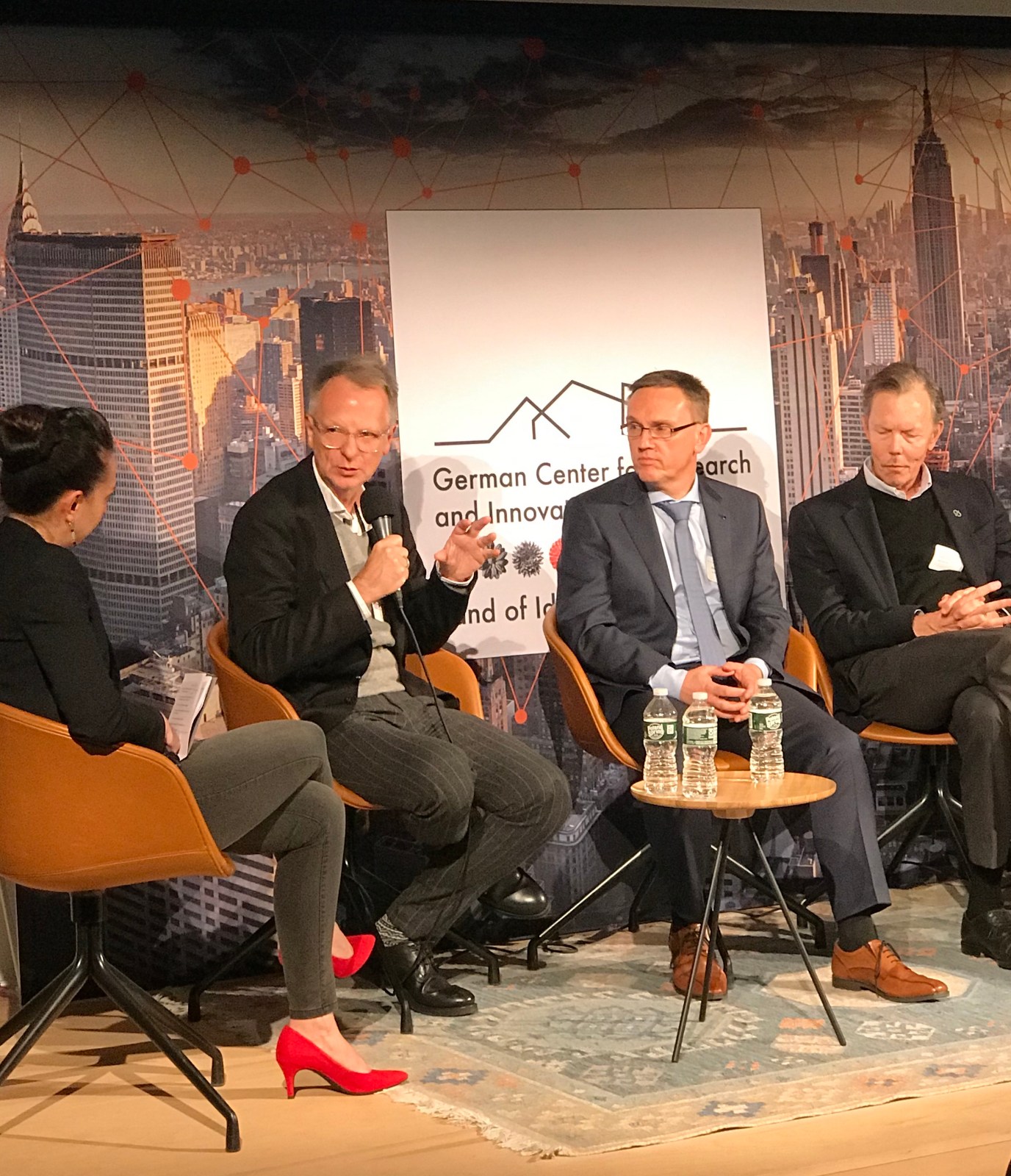Million Dollar Bike Ride with the support of Hoffnungsbaum Successful again
Million Dollar Bike Ride with the support of Hoffnungsbaum Successful again
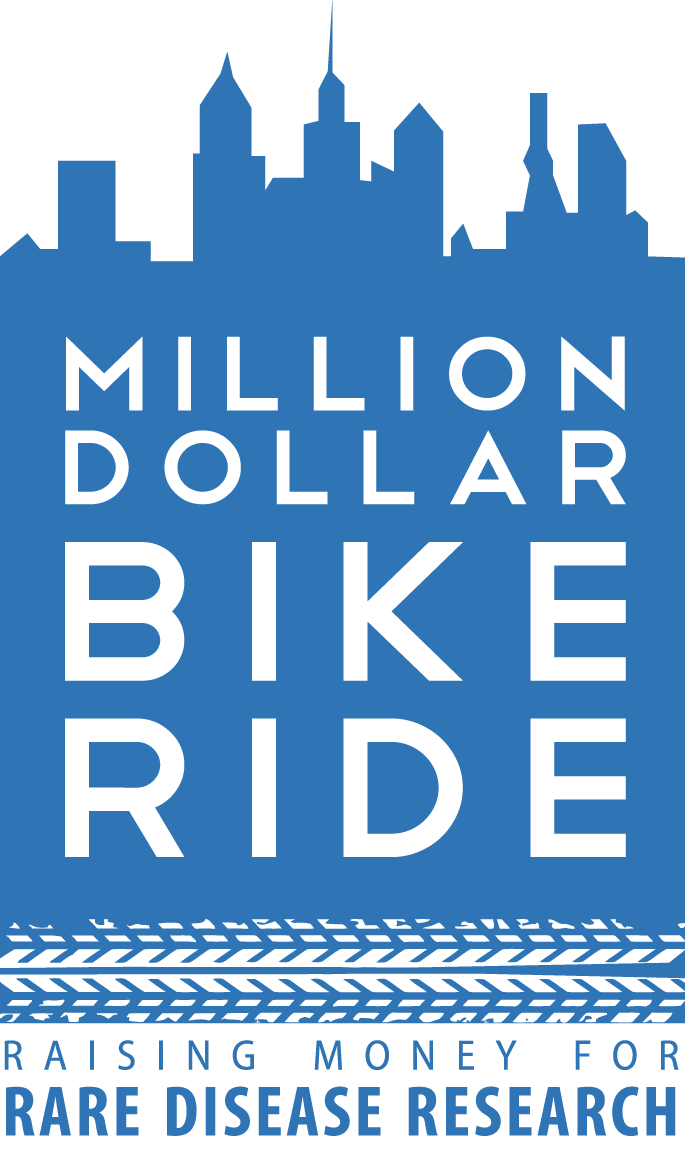
Also this year, the charity bike race of the University of Pennsylvania in Philadelphia in the USA, the Million Dollar Bike Ride 2021 conducted virtually. It is used to raise funds for rare disease research, which was represented by 52 organizations this year. The NBIA variant BPAN has been developed for the fifth time by our partner organization. NBIA Disorders Association (NBIA DA) in the United States. With this eighth edition of the cycling campaign, a total of almost US$ 450,000 has been raised for BPAN research in recent years.
Normally, this event focuses on a cycling tour in Philadelphia, but this was once again not possible due to the Covid 19 pandemic. Instead, anyone in the world was able to participate at home. To this end, Markus Nielbock, Deputy Chairman of Hoffnungsbaum e.V., already in 2020 the team BPAN Germany.
The goal of the Million Dollar Bike Ride was to raise between US$ 20,000 and US$ 30,000 with all participants by the end of June 2021. The University of Pennsylvania will match each amount raised within this framework through sponsorship. With the hoped-for US$ 60,000, the financing of a research project would become possible.
Team BPAN Germany's revenue of US$ 5,000 this year significantly exceeded last year's result. A large part of this amount was raised through the private fundraising event "Cycling for Laurin" of our board member Noah Rusch partial. This success was further crowned by the fact that the hoped-for total of US$ 30,000 was once again exceeded. Therefore, a scholarship of more than US$ 62,000 can now be financed. Team BPAN Germany would like to thank all supporters for their participation in this campaign.
In the next few weeks, the Center for Rare Diseases at the University of Pennsylvania, supported by the NBIA DA, will announce a research grant for medical professionals and researchers worldwide. A jury of experts and patient representatives is expected to select the best project proposal in October. We will inform you about this as well.
Milly was on the road for BPAN research!
Photos: Markus Nielbock, Noah Rusch
